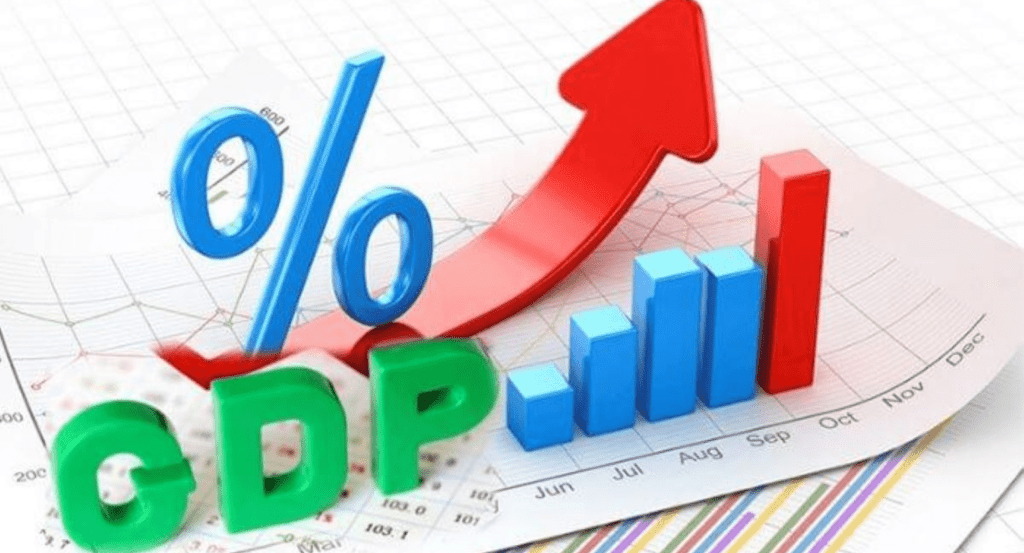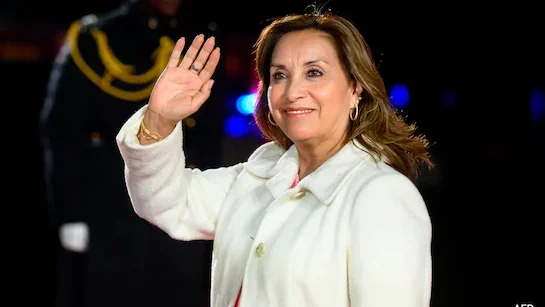Every significant milestone in human advancement—whether it was the invention of the printing press, the rise of the steam engine, or the evolution of semiconductors—has been driven by groundbreaking innovations and forward-thinking policies. However, beyond these transformative ideas, the real game-changer lies in how effectively policymakers execute strategies that drive sustainable growth. By creating the right incentives, they enable businesses and the economy to flourish.
In Nigeria, the Central Bank of Nigeria (CBN) and key economic policymakers have introduced crucial reforms designed to attract both foreign and local investments while creating expansion opportunities for domestic enterprises. These policies are already yielding positive outcomes, as savvy investors regain confidence in Nigeria’s market, injecting fresh capital into the economy. With macroeconomic indicators improving and Gross Domestic Product (GDP) growth on the rise, Nigeria is becoming a more attractive destination for global investors.
Eurobond Market Surges as Investor Confidence Grows
Recent data from Nigeria’s Debt Management Office (DMO) highlights an optimistic trend in the financial markets. Nigeria’s Eurobond market ended February on a strong note, demonstrating renewed confidence from international investors. The average yield on Nigeria’s Eurobonds fell to 8.80%, marking a 41 basis points drop from 9.21% at the beginning of the month. This decline reflects increasing investor demand and optimism about Nigeria’s economic prospects.
In comparison, the broader Sub-Saharan African Eurobond market saw yields decline by 27 basis points, averaging 8.4%—a sign that Nigeria’s financial performance is outpacing that of the region. Ike Chioke, Managing Director of Afrinvest West Africa, attributes this renewed interest to Nigeria’s stronger macroeconomic environment and recent shifts in interest rate policies.
Liquidity Inflows and Interest Rate Stability Drive Market Growth
Market analysts anticipate further stability and growth, thanks to strong liquidity inflows from coupon payments worth ₦642.6 billion and bond maturities totaling ₦562.5 billion. Experts believe that Nigeria’s dovish interest rate outlook will continue to drive a bullish market.
The CBN-led Monetary Policy Committee (MPC) has played a pivotal role in maintaining investor confidence by holding interest rates steady at its latest meeting. This decision has reassured global investors, creating a predictable and favorable climate for capital inflow.
How Foreign Direct Investment (FDI) Boosts Nigeria’s Economy
Foreign Direct Investment (FDI) plays a crucial role in fueling economic growth. FDI occurs when investors establish business operations abroad or acquire foreign assets, which can include purchasing stakes in companies, launching new ventures, or forming joint ventures across borders.
The benefits of FDI extend beyond financial injections. It helps create jobs, strengthens the business environment, and increases consumer spending power. As new businesses emerge, local incomes rise, stimulating economic expansion. This ripple effect ultimately strengthens Nigeria’s overall economic outlook.
Rebasing Nigeria’s GDP: A New Economic Perspective
The recent rebasing of Nigeria’s GDP by the National Bureau of Statistics (NBS) for the first time in nine years provides a more accurate picture of the economy. The update includes fast-growing sectors like fintech, e-commerce, entertainment, and digital services, reflecting their increasing contributions to the nation’s financial landscape.
Sectors such as technology, telecommunications, and Nollywood now command a larger share of GDP, reducing the dominance of agriculture and oil & gas. Additionally, the rebased GDP offers a clearer understanding of informal sector activities, which were previously underestimated.
This economic adjustment impacts key indicators such as the debt-to-GDP ratio, which may now present Nigeria as having more fiscal space for borrowing. However, the cost of servicing debt remains a challenge. While an increase in per capita income sounds promising, high inflation could offset its benefits if not managed properly.
Implications for Investors and Policymakers
The rebased GDP presents new opportunities for foreign investors, as previously overlooked industries gain more recognition. It also signals a potential shift in government fiscal and monetary policies, including tax adjustments in high-growth sectors.
As Nigeria progresses toward an upper-middle-income economy, it may qualify for fewer concessional loans and low-cost financing options, altering its global financial positioning.
Nigeria’s Financial Outlook Strengthens
Speaking at the FirstBank Economic Outlook, Olusegun Alebiosu, CEO of FirstBank Group, emphasized the positive economic indicators currently shaping Nigeria’s financial future. The government’s revenue-to-debt service ratio has improved to 68%, suggesting a more sustainable fiscal approach. Additionally, the country’s foreign reserves have surpassed $40 billion, reinforcing economic stability and strengthening investor confidence.
With these developments, Nigeria is poised for greater regional and global financial participation, making it a prime investment destination in Africa.























